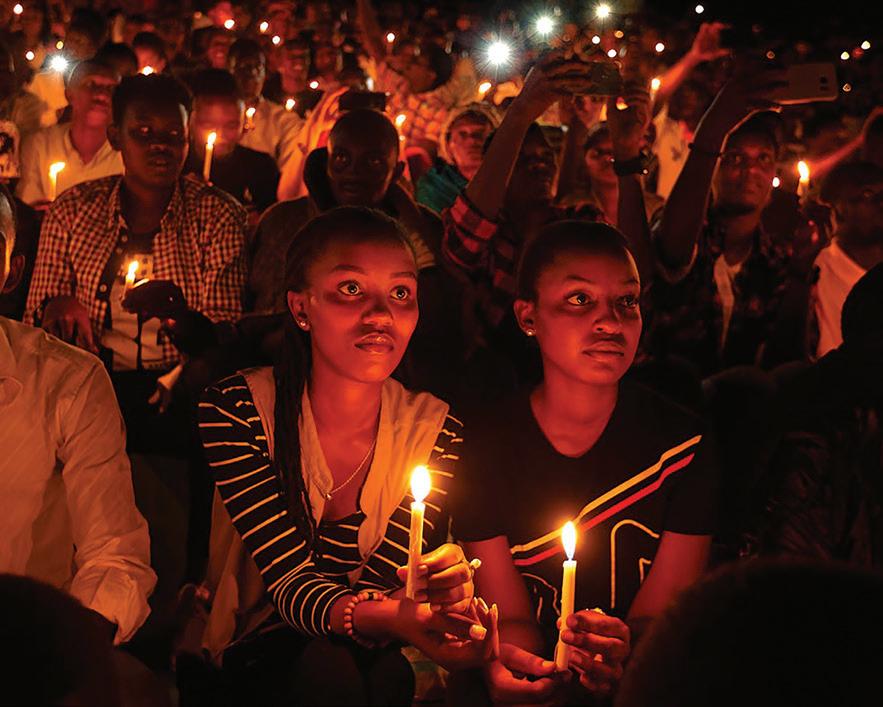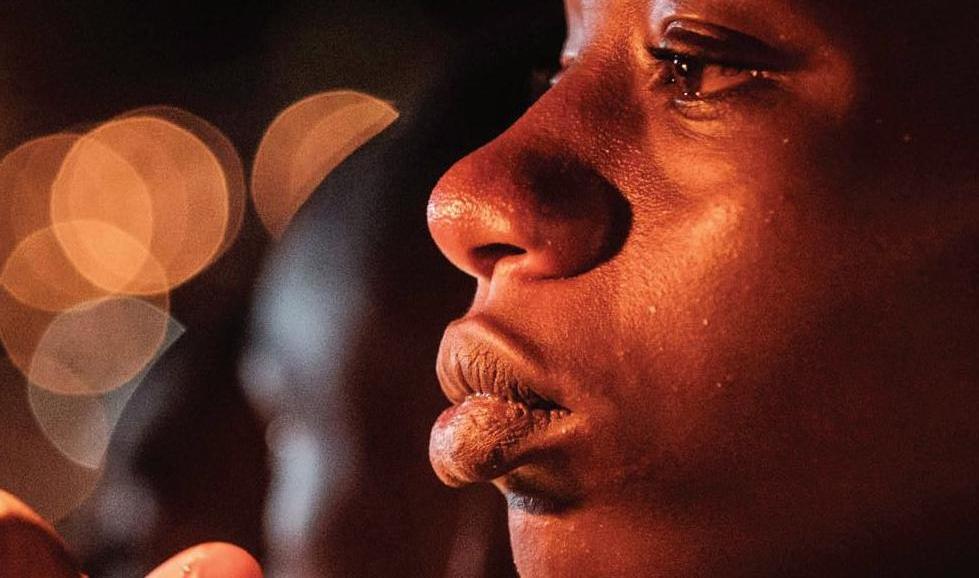
4 minute read
Remembering Rwanda
WRITTEN BY
Megan Baranuk
Advertisement
This month, we remember the more than 800,000 people who were killed in the span of 100 days by extremists in Rwanda.
In 1994, the Rwanda genocide was carried out in the span of 100 days. Hutu extremists were responsible for the extreme violence and massive loss of life. Let’s take a look at the facts and history of this genocide, and remember the countless individuals lost to senseless violence.
The two main ethnic groups that made up Rwanda were the Tutsis and the Hutus. Though the majority of the country consisted of Hutus, the Tutsis ruled Rwanda. The Hutus overthrew the Tutsis, causing the Tutsis to flee and reside in neighborhoods (and some to Uganda). On April 6, 1994, a plane carrying the Hutu president was shot down, and everyone on board died. Hutu extremists blamed the Tutsis, specifically a radical group called the Rwandan Patriotic Front. The genocide happened very quickly after the Hutu extremists blamed the Tutsis.
Immediately, Hutu extremists supplied militias with lists of government officials, and the militia sought them out and killed them and their families. The Hutus slaughtered Tutsis, and some perished at the hands of their own families or neighbors. The Hutus commonly used machetes in the slaughter of the Tutsis, as Rwandans often had machetes in households. Women captured by the Hutus were kept and put into sex slavery.
Contributing further to the massive genocide of the Tutsi people were not only the hit lists, but hate propoganda on their own radio station, in which

the Hutus encouraged people to kill all the Tutsis, reading out a list of people to be killed. This radio station was called Radio Television Libre des Mille Collines. Translated, this reads “Free Radio and Television of the Thousand Hills”. During the broadcast, Tutsis were referred to as “cockroaches,” and the Hutus deployed many violent sentiments against the Tutsis. The radio station itself became instrumental in inciting the Rwandan genocide. One of the most disturbing aspects of this genocide was the fact that the U.N. and Belgium both had forces in Rwanda, yet did nothing to stop the brutality of the genocide. The U.N. actively had peacekeepers stationed in the area, though they turned a blind eye as thousands were massacred. As historians look back upon the events, the warning signs of a genocide became glaringly obvious, giving international powers plenty of time to step in and prevent a massive loss of life. The head of the U.N. Assistance Mission for Rwanda had made contact with New York, stating his concerns on the mounting tensions and violence present in the country. The Belgian government similarly knew of

the impending threat, and implored the U.S. and the U.K. to get involved. Both countries refused to assist in the critical moment.
Rwanda’s genocide was not covered extensively by the media, therefore sparking little outrage from the public. To this day, Rwanda’s genocide is not widely talked about, and the injustices are not common knowledge. Bill Clinton, president of the United States at the time, referred to the genocide as a “tribal war” and refused to provide aid. By downplaying the nature of the genocide, Clinton could be considered complicit in the massive loss of life sustained in Rwanda as a direct result of his dismissal.
The former U.N. Secretary General Kofi Annan put out a statement on the tenth anniversary, expressing his regret in the U.N’.s failure to minimize the loss of life in Rwanda, and described the U.N.’s inaction as a failure to protect the defenseless. The U.N. now observes an official Day of Reflection for Rwanda’s genocides. This Day of Reflection ensures that we as a people are taking into account the atrocities that occurred in Rwanda, reflecting upon the widespread failure to protect the innocent, and ensuring that a preventable tragedy such as this may never happen again.
Aftereffects from the genocide continue to haunt Rwandans to this day. Because of the sheer volume of death, most victims were disposed of in mass graves, leaving surviving family members and friends with an incomplete grieving process and little closure. Women throughout Rwanda were sold into human trafficking and sex slavery, and the continued trauma from these experiences for survivors is yet another instance of injustice among the Rwandan genocide. The instigators for many deaths and related crimes are still at large throughout Rwanda.
Spreading awareness and reflecting upon the atrocities of the Rwandan genocide is imperative in making sure that we as a people never make the same mistakes and fail to protect the innocence. Holding ourselves accountable in educating ourselves and others, and holding others accountable for action (or the lack thereof) is essential in preventing tragedies like the Rwandan genocide.







